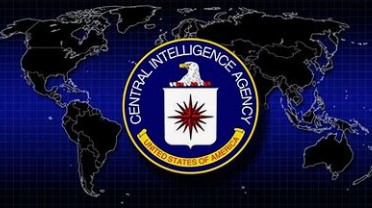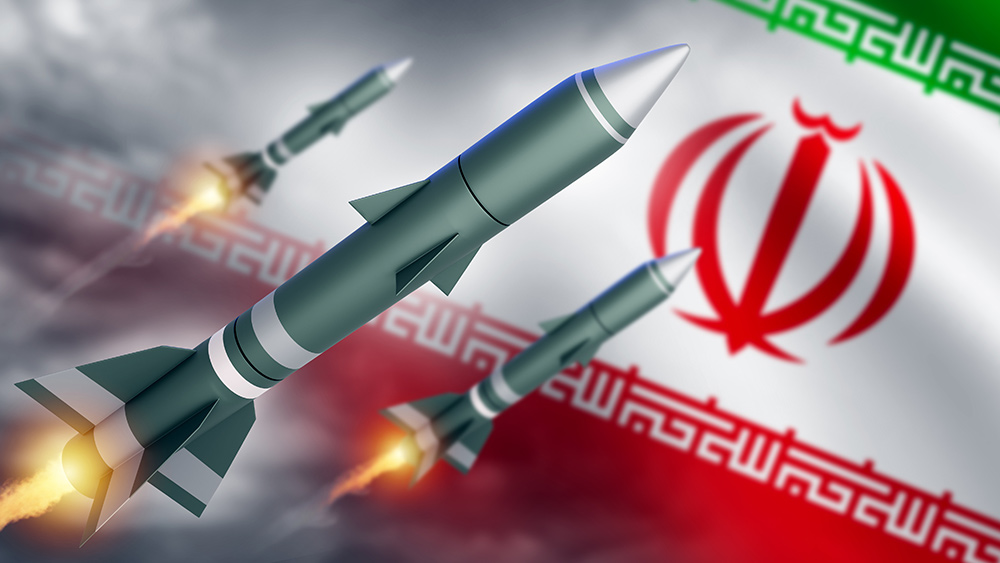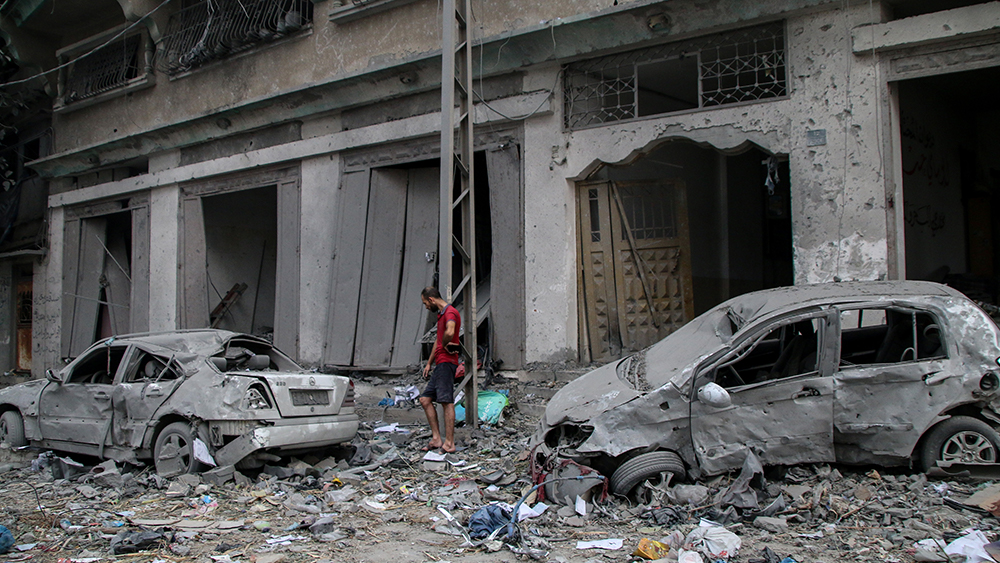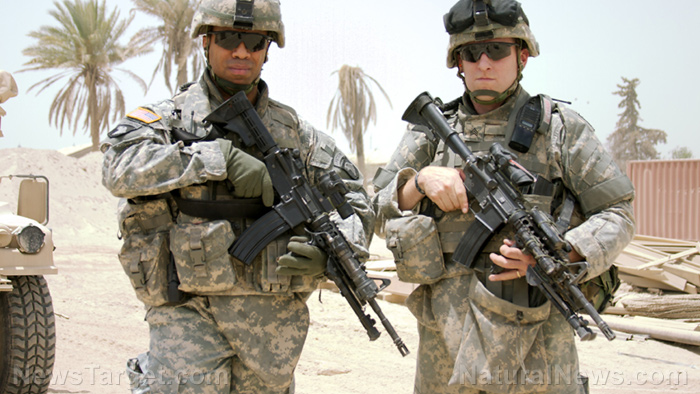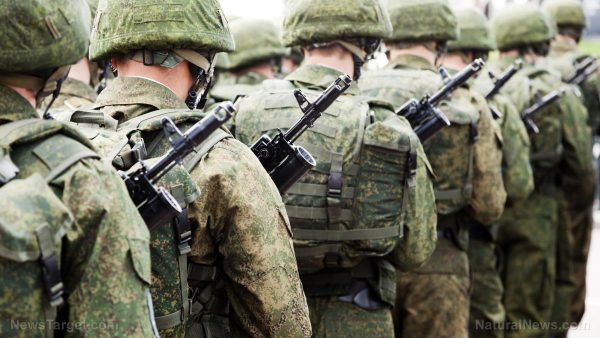 Parler
Parler Gab
Gab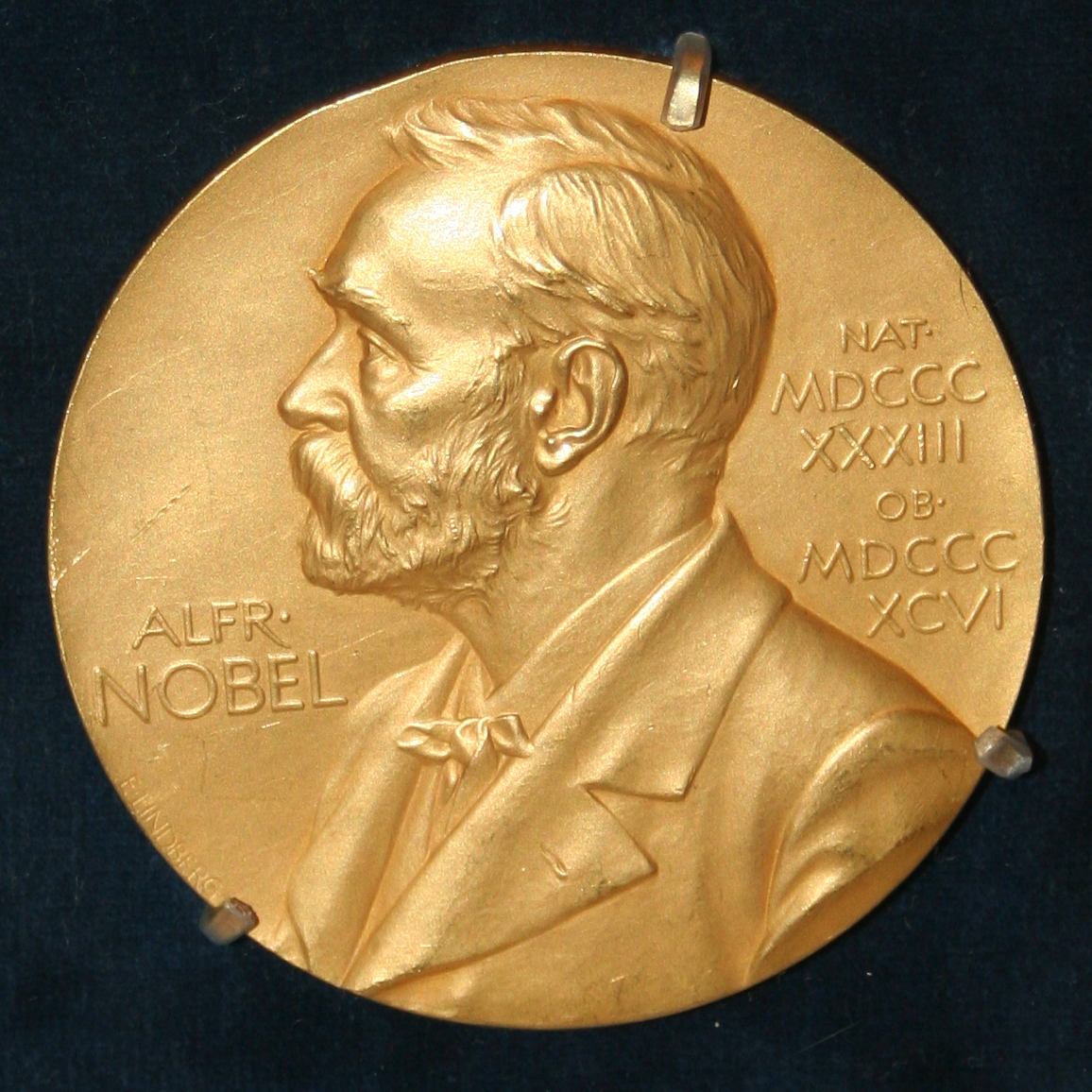
- Venezuelan opposition leader María Corina Machado awarded Nobel Peace Prize, dedicates honor to Trump for supporting democracy in Venezuela.
- CAIR demands Machado renounce ties to Netanyahu’s Likud Party and far-right European figures or face revocation of the prize.
- Machado praises Trump’s sanctions and naval deployments against Maduro’s regime, calling it a “narco-terrorist criminal enterprise.”
- Critics accuse Machado of hypocrisy, citing her alignment with anti-immigrant, far-right factions in Europe.
- Trump’s aggressive Venezuela policy marks a stark contrast to Biden’s approach, raising geopolitical stakes in Latin America.
Machado’s ties to the far-right
Machado’s political record has long drawn scrutiny. In 2020, she formalized an alliance between her party and Netanyahu’s Likud, vowing to move Venezuela’s embassy to Jerusalem if elected. Earlier this year, she appeared virtually at the Patriots of Europe conference in Madrid, where speakers, including Hungary’s Viktor Orbán, called for a modern-day “Reconquista”—a term evoking the medieval expulsion of Muslims and Jews from Spain. CAIR’s statement emphasized the dissonance: “The Nobel Peace Prize should go to individuals who have shown moral consistency by bravely advocating justice for all people, not to politicians who demand democracy in their own nation while supporting racism, bigotry and fascism abroad.” Machado has not yet responded to the demand to renounce these affiliations.Trump’s Venezuela strategy: Sanctions, siege and $50M bounties
Machado’s tribute to Trump underscores his unrelenting pressure on Caracas. Since returning to office, Trump has:- Deployed U.S. Navy ships to intercept drug cartels linked to Maduro.
- Reimposed oil sanctions lifted under Biden, starving the regime of revenue.
- Offered a $50 million bounty for Maduro’s arrest—the largest in U.S. history.
Global implications: A hemisphere without socialism?
Machado framed her Nobel as a turning point, predicting Maduro’s fall would trigger the collapse of Cuba and Nicaragua’s regimes. “For the first time in history, we will have the Americas free of communism, dictatorship and narco-terrorism. And that will be President Trump’s legacy” she declared. The claim aligns with Trump’s broader vision of a Monroe Doctrine revival, positioning U.S. power as a bulwark against leftist governments. Yet critics warn that Machado’s far-right associations undermine her democratic credentials. Her praise for Trump’s policies—seen by some as destabilizing—further polarizes the narrative.A prize dividing the world
The Nobel Committee’s selection of Machado has become a geopolitical Rorschach test. To supporters, it validates Trump’s aggressive anti-authoritarianism. To detractors, it rewards a leader whose alliances contradict the prize’s ideals. As CAIR’s challenge looms, the controversy underscores a deeper question: Can the Nobel Peace Prize retain its moral authority in an era of ideological battlegrounds? For now, Machado’s dedication to Trump ensures one certainty: The award will be as contentious as the conflicts it seeks to resolve. In honoring Machado, the Nobel Committee didn’t just crown a dissident—it waded into the fray of America’s culture wars and the global right’s rising influence. The fallout may redefine what “peace” truly means. Sources for this article include: MiddleEastEye.net NYPost.com NewArab.comCIA attempted to SABOTAGE Gaza ceasefire deal with false intel
By Kevin Hughes // Share
Kushner describes nuclear-level devastation in Gaza but denies genocide occurred
By Cassie B. // Share
Federal appeals court permits Trump to DEPLOY National Guard to Portland
By Ramon Tomey // Share
Governments continue to obscure COVID-19 vaccine data amid rising concerns over excess deaths
By patricklewis // Share
Tech giant Microsoft backs EXTINCTION with its support of carbon capture programs
By ramontomeydw // Share
Germany to resume arms exports to Israel despite repeated ceasefire violations
By isabelle // Share
